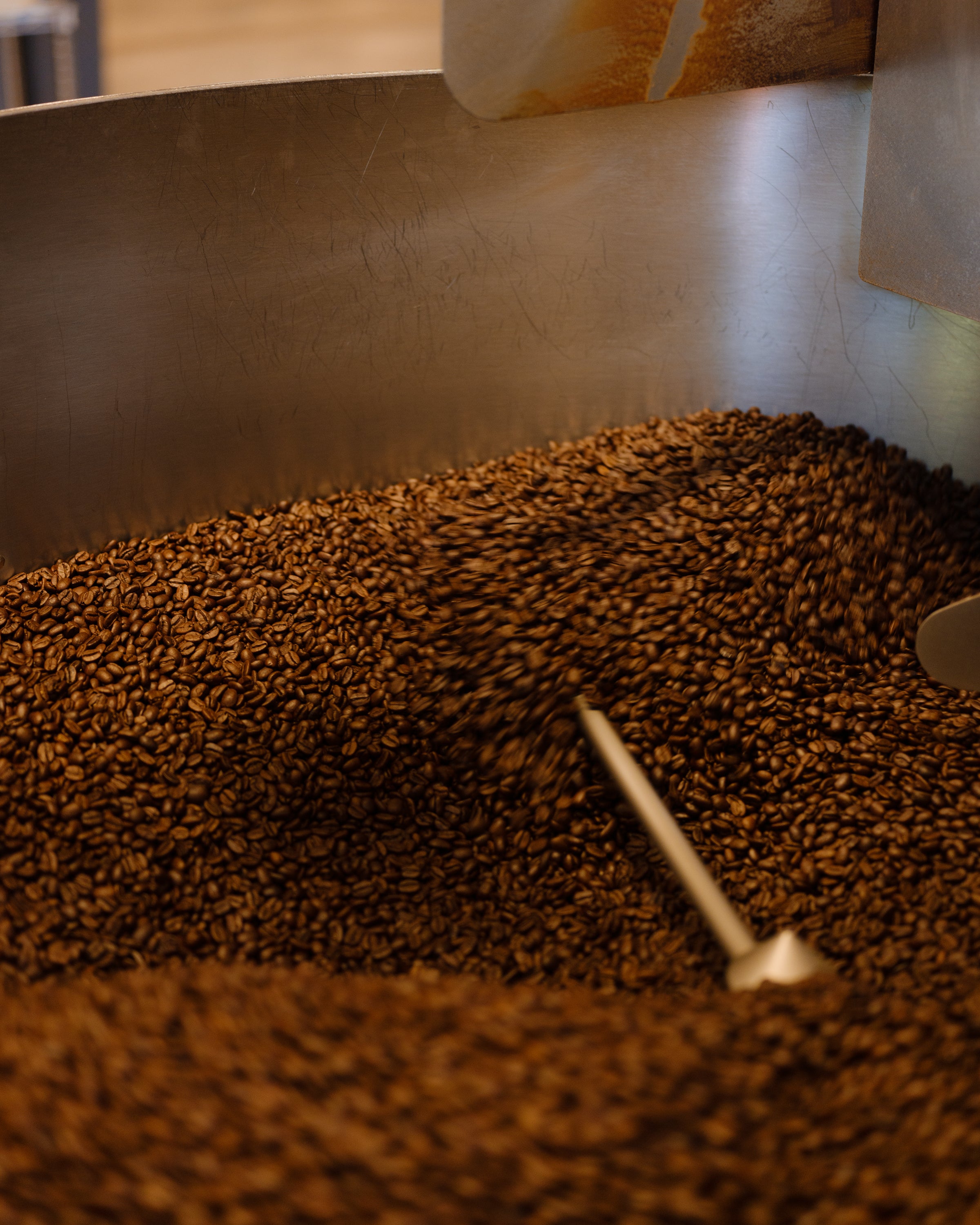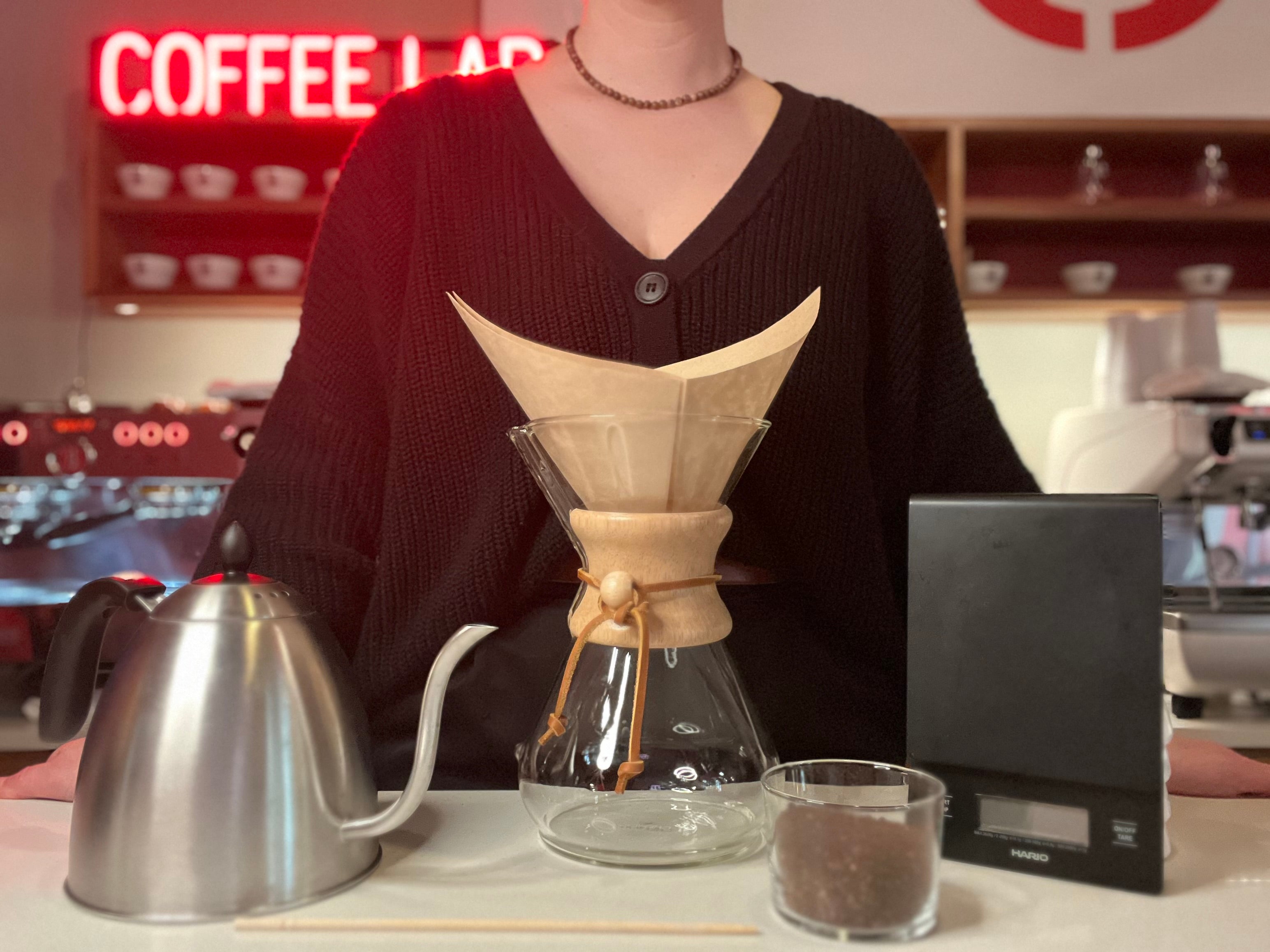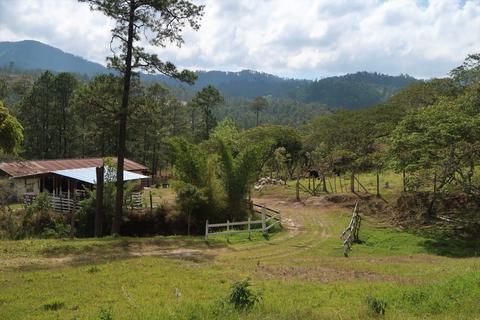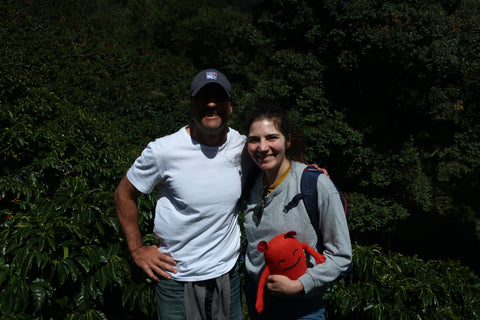This January our Production Manager, Valerie Martino, visited Costa Rica as part of New Harvest’s Source Direct program. Source Direct, started in 2007, means that we travel yearly to coffee farms in South and Central America and that we carefully source our coffees from partners we trust, directly from farmers. Our Source Direct program allows us to personally work with producers to ensure the best outcome for the producer, the roaster, the brewer, and all of our communities. We always pay at least 20% above the Fair Trade minimum for our direct trade coffee and often more than double for direct trade specialty microlots.
Valerie’s Source Direct trip is part of our continued relationship with Jorge Monge of Las Palomas and the Coopro Naranjo from which we source our La Rosa coffee. Keep reading for a peek into Valerie’s travels...
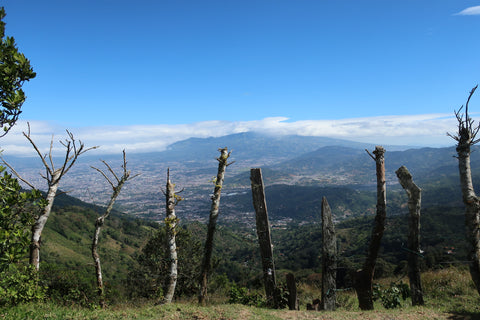
The first day in Costa Rica took us to the Tarrazú region, the largest coffee region in Costa Rica which produces about 35% of all the country’s total crop. Our bus got us pretty far up the mountain but not quite there. After piling into pickups and trucks, we were driven by a few of the farmers up a precarious dirt road. It was a slow and bumpy ride with much of the drive along cliff edges. As scary as it sounds, the breathtaking views of the valley below had an instant calming effect - they were awe inspiring in every possible way.
We arrived at Cedral where we toured three neighboring farms belonging to the Monge family. I was honored to hand deliver to Jorge Monge, the owner of Las Palomas, a bag of his own coffee, roasted with love by New Harvest! We also visited La Candelilla, one of the first micro mills to be established in Costa Rica. This was the first opportunity we had to see a mill in action. From delivery to depulping to fully-washed beans being spread out to dry. They also showed us a special batch of coffee drying with cinnamon and passion fruit mixed in - the smells were heavenly!
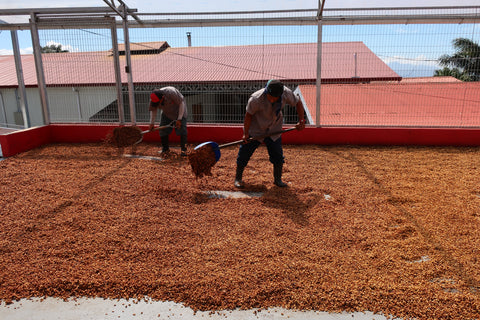
Another farm we visited, Finca Las Lajas in the Central Valley, emphasized the importance of organic farming and the challenges Costa Rica faces with climate change. This year the country is having a below average harvest yield due to an early rainy season which led to early flowering on the coffee plants. Next year they anticipate a much more productive harvest.
At the Coffee Institute of Costa Rica (Icafe) we saw the amazing work and progress being made by scientists who are at the heart of the continued evolution of Costa Rican coffee. In making all their knowledge accessible they are a huge asset to farmers. They test water and soil for proper pH levels for favorable plant growth and environmental protection from pollution. Farmers even have access to strains of plants modified to be resistant to many of the bugs and diseases that plague coffee plants. All of this is free of charge to farmers. The money they make to sustain the research comes from a small export percentage fee. Interestingly, no coffee can be officially called Costa Rican coffee until the Icafe verifies it as such!
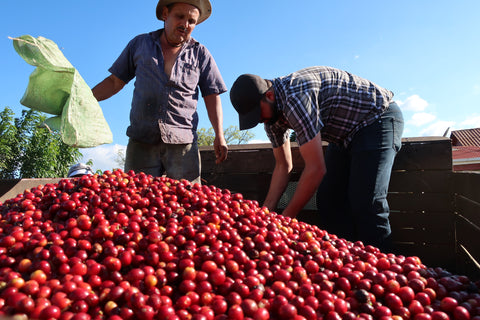
We rounded out the week in the West Valley visiting Coopro Naranjo. In Alajuela we watched coffee cherries get picked, delivered, and processed before visiting the farm and micro mill owned by the Salazar family. We ended the trip at the Cafe de Altura de San Ramon to take a tour of the mills and their extensive micro-lot drying patios. I was amazed at the innovative experimentation going on there. One experiment involves fermenting micro-lots with mucilage and pulp from other coffee cherries.
What an incredible experience - I will be forever grateful for the opportunity to meet many of the people who make Costa Rican coffee what it is today. The pride, passion and respect that Costa Ricans have for their coffee is so inspiring. I will never forget this trip and the amount of knowledge it brought - I can’t wait to go back!
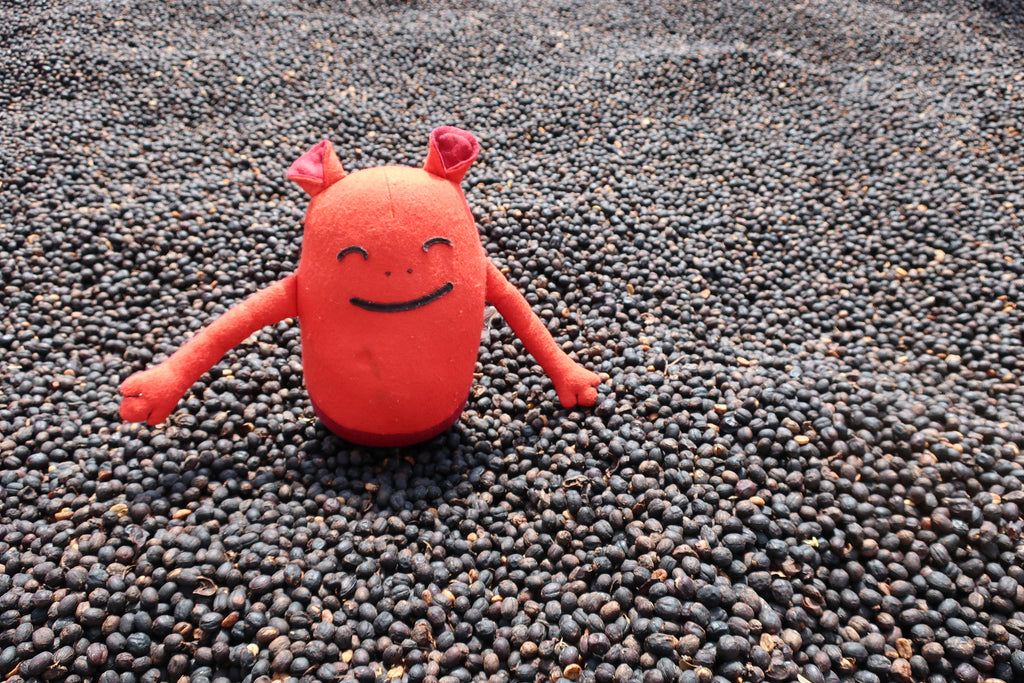
Learn more about coffee's journey from seed to cup with New Harvest. Check out our classes and events for learning opportunities and experiences.
